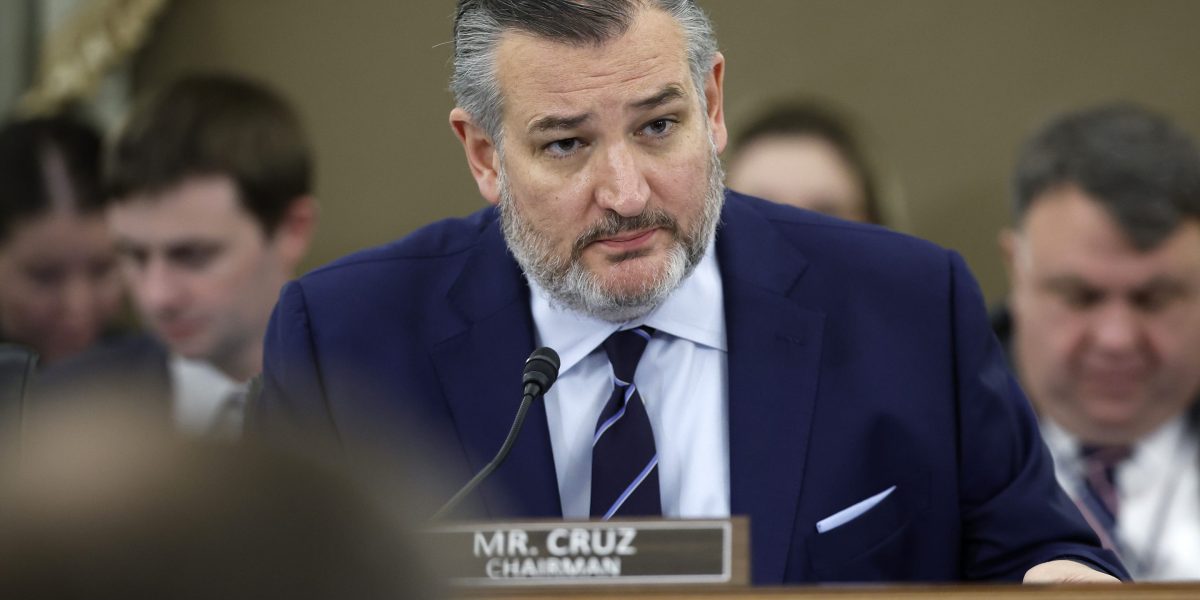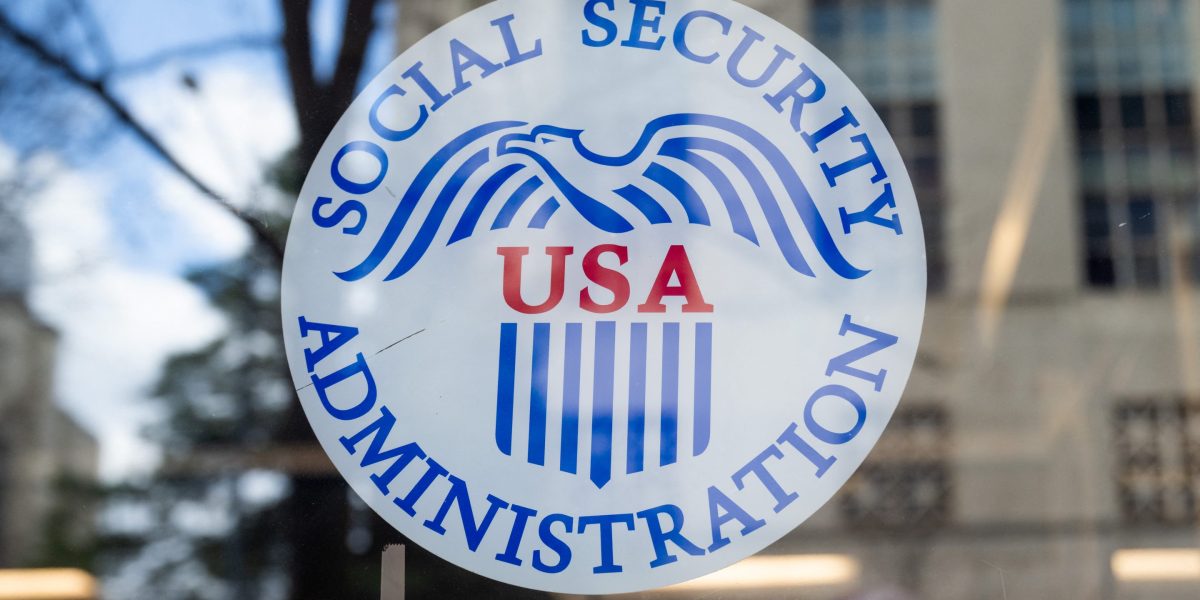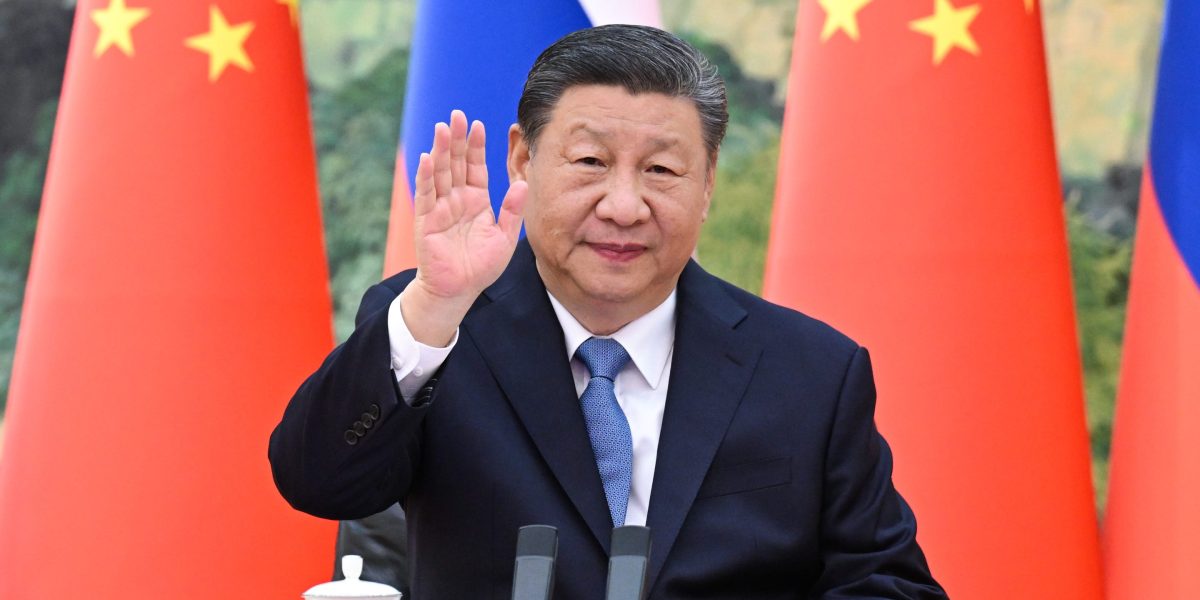
Good morning. As I listened to Sen. Ted Cruz talk to Tucker Carlson about the case for regime change in Iran, I had a flashback to my days on the college debating circuit. Through several years of judging and competing, I had a chance to see future leaders like Boris Johnson, Justin Trudeau, Chicago Fed President Austan Goolsbee, and Cruz. I say that not to brag—though I did once win Canada’s national debating championship by defending the right of the CFL to exist—but to share some lessons that I’ve learned from top debaters.
Every CEO is pressured these days to take a stance on topics that are polarizing or that they might not know much about. The Cruz-Carlson interview is a case study in what not to do.
Debate is about the art of persuasion. In a parliamentary debate competition, you get handed a resolution and have 15 minutes to prepare. If you’re in the opposition, you don’t know how the “government” is going to interpret that resolution until the first speaker opens their mouth—much like an interview where you don’t know what questions or facts will come next.
Your knowledge of a topic is often less important than your ability to convince others that your opponent is an idiot. (Not literally, of course, as that would be an “ad hominem” attack—essentially, a form of gaslighting—which is technically against the rules. Ahem …) To win over a room of rowdy college students, you appeal to logic, emotion, and common sense. You try to make them laugh when it’s funny and get choked up when the topic is sad. It’s a great training ground for populists.
If you’re going to take a controversial stance or disrupt the status quo, do your homework. It’s okay to know very little about a country, for example, if you’re arguing that the U.S. shouldn’t bomb it. The bar is higher when making a case for going to war. Not knowing that country’s population or the source of a biblical reference you’re using to justify a bold stance can give the impression that, to quote Succession, you’re not a serious person on a very serious topic. You risk coming across as defensive, thin-skinned, and angry—qualities that have felled many on a debate stage. And when “you engage in reckless rhetoric with no facts,” as Cruz accused Carlson, you invite the audience to reflect on how each side fared on that front. More news below.
Contact CEO Daily via Diane Brady at diane.brady@fortune.com
Top news
White House will give Iran two weeks to negotiate
The president is holding off on his decision to bomb Iran. “Based on the fact that there is a chance for substantial negotiations that may or may not take place with Iran in the near future, I will make my decision on whether or not to go within the next two weeks,” he said, according to the White House.
Goldman Sachs warns of “Big, Beautiful Bill” budget consequences
Goldman Sachs analysts said this week that President Trump’s “Big, Beautiful Bill,” passed by House Republicans, will keep the U.S. budget on an “unsustainable” path. “The primary deficit is much larger than usual in a strong economy, the debt-to-GDP ratio is approaching the post-[WWII] high,” the analysts said.
Trump says there are too many holidays
“Too many non-working holidays in America,” he posted yesterday, on Juneteenth. “It is costing our Country $BILLIONS OF DOLLARS to keep all of these businesses closed. The workers don’t want it either! Soon we’ll end up having a holiday for every once working day of the year. It must change if we are going to, MAKE AMERICA GREAT AGAIN!” Reality check: The U.S. has relatively few national holidays compared to other countries.
President insults Powell, again
Trump again vented his anger at Fed chair Jerome Powell for not cutting interest rates. He said on Truth Social: “‘Too Late’ Jerome Powell is costing our Country Hundreds of Billions of Dollars. He is truly one of the dumbest, and most destructive, people in Government, and the Fed Board is complicit. Europe has had 10 cuts, we have had none. We should be 2.5 Points lower, and save $BILLIONS on all of Biden’s Short Term Debt. We have LOW inflation! TOO LATE’s an American Disgrace!”
Trump is giving TikTok another 90 days before it is forced to sell its U.S. operations and Republicans aren’t happy about it.
Improving productivity in younger generations
Executives in Asia are struggling with slowing productivity, and Simon Tate, Asia-Pacific president for Workday, says one solution to the problem could be giving younger generations more power in the workplace. “We just falsely assume that they’re too young and they don’t have any good ideas,” Tate notes.
Struggles in the luxury industry
A new Bain & Co. study released on Thursday shows that the luxury sector shrank by 3% in Q1 of 2024 compared to the same quarter last year. Claudia D’Arpizio, one of the report’s authors, told Fortune that part of the problem lies with balancing the exclusive nature of luxury products with younger generations who want to show their purchases off online.
More companies are holding Bitcoin on their balance sheets
The FT reports: “Over the past year, the number of bitcoin held by companies has jumped nearly 170 per cent. A total of about 130 listed firms hold a combined $87bn of bitcoin, according to data from BitcoinTreasuries.net, equivalent to about 3.2 per cent of all the bitcoins that will ever exist.”
Spain blackout had nothing to do with renewable energy
Remember when Spain’s electricity grid failed a few weeks ago and everyone said it was because they were too dependent on solar energy? That turns out to be garbage. An incident of “instability” in the grid spiralled when other suppliers, mostly gas-fired, failed to balance the supply, causing the entire network to trip, Bloomberg says.
The markets
- There was no trading in the U.S. yesterday due to the national holiday but S&P 500 futures were down 0.3% prior to the opening bell today. The VIX volatility index declined 6%. Bitcoin is back over $106K. South Korea’s Kospi rose 1.48% this morning. Hong Kong’s Hang Seng was up 1.26%. India’s Nifty 50 was up 1%. China’s SSE Composite was flat. The Stoxx Europe 600 was up 0.6% in early trading.
From the analysts
- Oxford Economics on the Fed: “The notable change to the [Fed’s] post-meeting statement is the mention that uncertainty about the economic outlook has ‘diminished but remains elevated.’ Though there is more clarity on the potential composition of the fiscal package, tariff policy uncertainty can shift at moment’s notice. The Federal Reserve’s crystal ball is still clouded and feeds into its bias toward being reactionary, rather than preemptive,” per Ryan Sweet.
- Goldman Sachs on the Fed: “We continue to expect just one cut this year in December followed by two more in 2026 to a terminal rate of 3.5-3.75%. While an earlier cut is possible, we continue to expect that the peak tariff effects on monthly inflation will show up over the summer and that FOMC participants will want a bit more distance from them before they resume rate cuts,” David Mericle and team.
- UBS on the Iran conflict: “The Middle East situation is likely to add to market uncertainty, with signs that the US may be preparing to strike against Iran. While there are clear humanitarian consequences from escalating military action, in the absence of meaningful disruption to oil supplies (or perhaps shipping), the economic consequences are limited,” per Paul Donovan.
Around the watercooler
Resurgent air travel and a strategic acquisition helped SATS climb over 100 places in the Southeast Asia 500 by Lionel Lim
Past the event horizon? OpenAI’s Sam Altman says so. New AI research backs him up by Jeremy Kahn
Nearly a quarter of Americans are ‘functionally unemployed,’ highlighting a major crack in the labor economy by Brit Morse
Inside a low-key Walmart heir’s bid to save nature (while making a profit), after crediting it with helping him survive rare cancer diagnosis by Eleanor Pringle
CEO Daily is compiled and edited by Joey Abrams and Jim Edwards.




